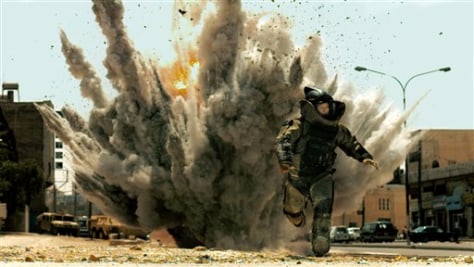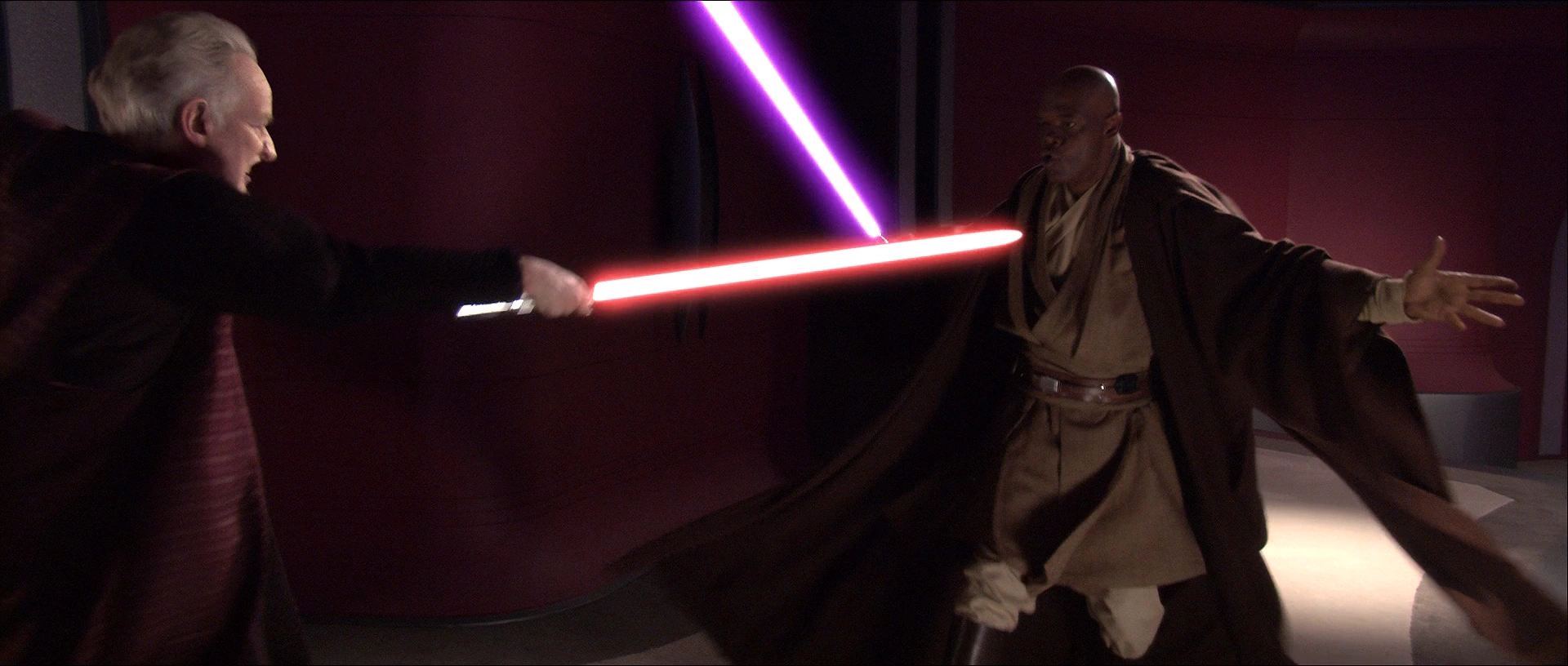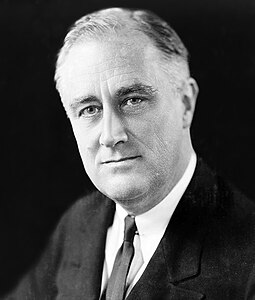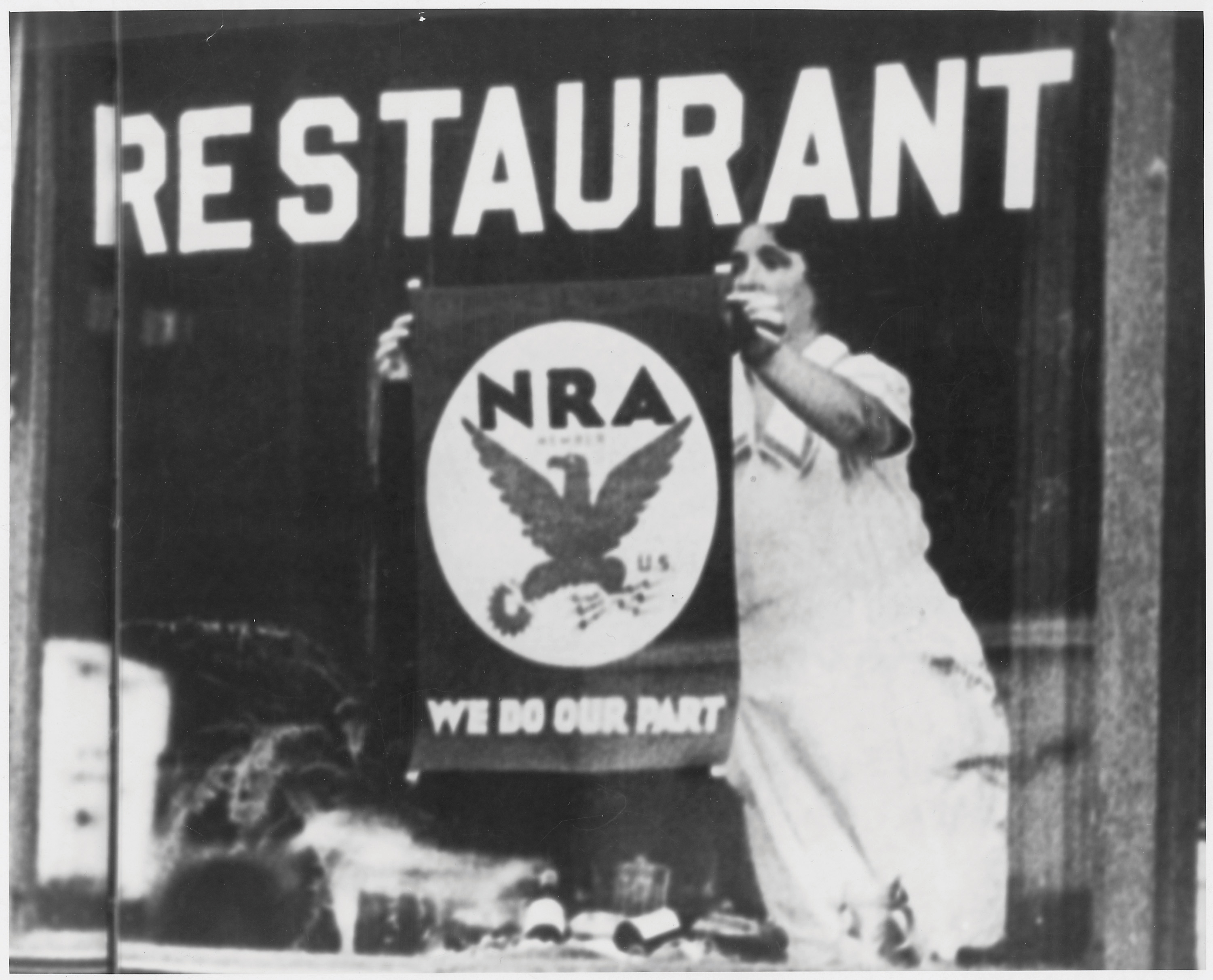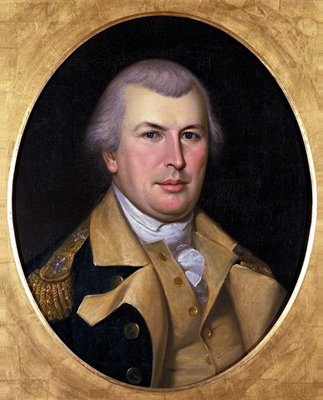It's only four days till
Fallout 4 finally comes out.
*muffles really loud screaming of excitement and fanboyism in a pillow until I nearly pass out*
Okay, now that that's out of my system, why not try another
Fallout alternate history? If you haven't looked at it, here's
Part One, what if the Master from Fallout 1 succeeded?
Anyway, I'm going to look at the second game in the franchise today.
Fallout 2 is one of the best RPG's ever made, having fixed up a few issues with the first game (such as the really, really obtuse companion management system and the lack of a "take all" button) and added a lot of new things that became icon's of the legendary series: The New California Republic (NCR), an explanation of the actual purpose behind the Vaults, and, of course, the Enclave.
 |
| Don't tell me you didn't freak out the first time you saw the Enclave power armor! Wait... it was just me? Damnit. |
WARNING!!!: this AH will involve a lot of spoilers to a nearly 20 year old game. If you don't want the spoilers, you might as well read another article.
Like, say, what if England was a Republic? Also, if you don't know where I'm going,
here is the plot of Fallout 2, provided by the Fallout Wikia. Otherwise, grab your power armor and open up a Nuka-Cola, because here we go!
Point of Divergence
The Enclave in Fallout 2 is the primary villains of the story, trying to find a way to wipe out all "mutants" on North American so they, the "pure" humans, could come in and reclaim 'MURICA! However, the "Chosen One," the descendant of the Vault Dweller of Fallout 1, puts on the Vault 13 jumpsuit and defeats the Enclave. But what if the Chosen One failed, and the Enclave succeeded?
Maybe let's say that the Chosen One is killed... really, not a hard thing to say, considering how many times I died actually playing the game. But let's say he got really close, like up to the Enclave Oil Rig, before he is finally cut down, just a short distance away from finding his tribe.
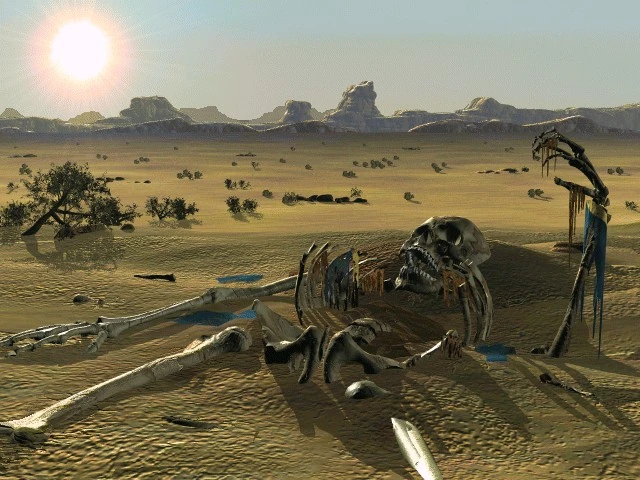 |
| YES RON PERLMAN, I GET IT! I LOST! YOU CAN STOP RUBBING IT IN NOW! GOD! |
Consequences
After dealing with the Chosen One, the Enclave prepares for their goal: unleashing a modified Forced Evolutionary Virus onto the world through the jet streams. Modified by Dr. Charles Curling from a mutagen that turns people into huge, muscular, green screen, nearly immortal idiots (or super geniuses, but that was much rarer) into a deadly aerosol that would kill every human, mutated or not, on direct contact. Only the Enclave would survive, having been inoculated against the virus. Only the plants and animals of the wasteland would survive, cleansing the world of all mutants.
So, basically this means every super mutant, ghoul, and human (even those that came from Vaults, as the modified FEV still killed the Vault 13 residents chosen as test subjects) in the Wasteland would be killed by the virus, within an hour or two of being infected. And it's not pretty: "massive hemorrhaging and inflammations, leading to a complete failure of the victim's organs within sixty minutes." Ouch.
So, the Enclave dumps this into the Jet stream, and everyone dies. NCR, New Reno, Vault City, The Boneyard, New Vegas, Chicago, Texas, the Capital Wasteland, the Pitt, etc... until everyone in the world except for a few hundred people on the oil rig. Basically everyone dies a short, immensely painful death without really knowing what happened. Only animals like Brahmin, radscorpions, Mirelirks and Deathclaws would survive, or those, like the Brotherhood of Steel, that had power armor that could filter out the deadly virus. But even then, only the highest ranking Paladins and Knights would survive, as not everyone has power armor in that group. The few survivors of the Brotherhood, in a last ditch attempt, try to make contact with the Enclave, but, being "mutants" in the eyes of the Enclave, these survivors are exterminated.
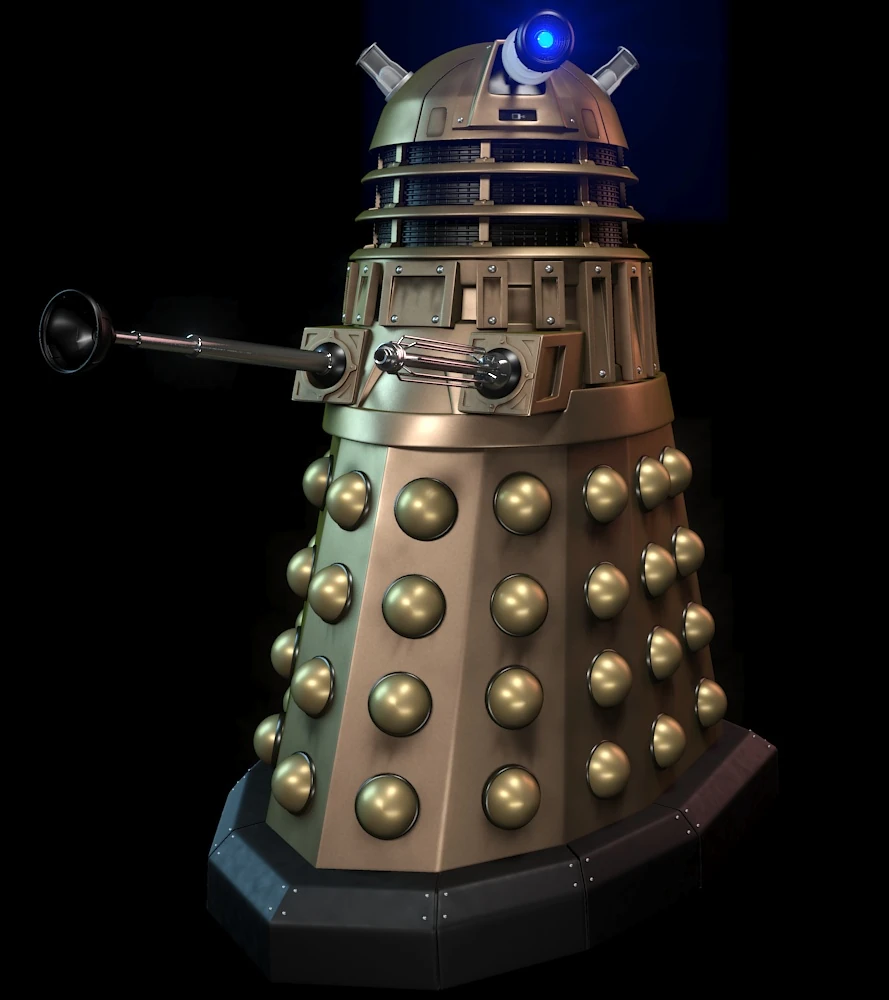 |
| Basically the Enclave are like the Daleks. Just a question of who is more insane, really. |
With everyone on the mainland dead, President Dick Richardson puts the next part of the project into action, namely the resettling of North America. The first colonies on the mainland, some built right on top of the settlements that places like the NCR had built (as soon as all the dead bodies are disposed of), other's in areas that pre-war maps identified as having good resources. Robots are immensely useful in rebuilding the world in the Enclave's image, and with the aid of advanced AI technology the settlements grow and florish. Since there wasn't a lot of creatures, deathclaws included, that the military couldn't deal with, everything is looking hunky-dory.
But now the problems start cropping up. First, robots, while useful, have some limitations, mostly in being hard to replace or repair due to a lack of raw materials to manufacture parts with. And since most of the Enclave was politicians, soldiers, scientists and business executives, it's not like any of them want to get their hands dirty doing stuff. Without even a slave force they could take advantage of, the growth of the colonies are stilted due to the lack of manual laborers. I call this the "Rapture Effect."
 |
| Ann Rand, eat your heart out. Seriously, because no one will want to work for you. |
But that's just a small problem. The other one, and one already identified on the Enclave oil rig, was the problem of inbreeding. Eventually, after enough time, the genes that cause the deformities, the emotional and physical stunting, and a dozen other medical, intellectual, and social problems rise up. Doctor Curling, shocked by the devastation caused by his work, and several autopsy's that revealed that many of the "mutants" on the mainland had almost no difference in DNA from the Enclave, lead him to commit suicide. His death, portrayed by the Enclave propaganda as from over work, is eventually leaked to the community, raising doubts in a few members, wondering if releasing the FEV was the right thing, especially thanks to the increasing labor shortage to sustain the colonies (and, indirectly, their comfortable living like when they were on the Oil Rig, which had been destroyed in the years since by an earthquake).
There was a solution found: cloning. The technology existed on the East Coast, so a team was sent to find it, and recover the technology, which happened easily enough (remember: everyone is still dead). However, the cloning technology of Vault 108 has one very, major, serious flaw that the Enclave never found out: the fact that the clones were hostile to everyone but other clones. So, in their desperation to make a workforce (I'm guessing the Enclave just started growing dozens, if not hundreds of clones, at once), once they all reach maturity, they just start hunting down and killing everyone that isn't a clone. The Enclave military manages to suppress the clones, but by this point, the best scientists, engineers, and technicians have been savagely torn apart and killed.
 |
| Clones: basically never a good idea ever in fiction. |
Soon, the Enclave begins to collapse from the strain. Colonies on resources and factories that were desperately needed but now didn't have enough workers. Drug use, especially of the mainland's favorite Jet, skyrockets. Suicide attempts and the number of insane increases. Desertions rise, folks just packing up and walking into the Wasteland with little more than they could carry. The last functioning Vertibird is grounded when fuel finally runs out. The ammo for the energy weapons having long since run out, leaving the Enclave military to use scavenged weapons that just a few years before they would have destroyed for being useless.
After thirty years, only a handful are left, including President Richardson. The group having been savaged by the Wasteland as the military struggled to hold back the threats from the wasteland. The population continued to drop as robots that were needed to maintain farms and factories failed and couldn't be repaired, or began to experience malfunctions, and eventually picked off a few more of the survivors. The President, the now very old Dick Richardson, is put on trial for his failures of leadership. But up until the moment he was found guilty, he stood beside every action he took. He proudly walked into the wasteland, heading east, arms outstretched as he welcomed the world he had helped create, the one for pure humans (no matter the fact the last survivors just kicked him out).
 |
| Or he just didn't want to have to listen to yet another god-damned congressman try to repeal Richardsoncare... |
Fifty years after the FEV virus was put into the atmosphere, killing the final human's who survived the Great War in 2077, the last member of the Enclave, a young soldier who was one of the first born in North America takes his laser pistol, with one shot left, points it at his head and pulls the trigger. The last human in the Enclave, and in the world, is dead. The work started in 2077 is finally finished, with all of humanity extinguished.
Conclusion
Yes, this was a very, very bleak portryal of what would happen. But, let's face it: The Enclave were not going to be able to pull this off. Miniguns, plasma guns and Vertibirds will only get you so far. And killing hundreds of thousands, millions of people that could, at the very least, be used as slaves or brought into the Enclave (and refresh the gene pool) was like a sick man cutting off his legs, his right arm, and all but two fingers on his left hand. The Enclave program was doomed from the start.
So, let's be glad that the fictional world of
Fallout hasn't happened (yet), or a unhinged group that controls the last remnants of the United States hasn't tried to kill everyone (yet).
Anyway!
FALLOUT FOUR!!!!!!
 |
| If anything is going to ruin my chances at wining NaNoWriMo this year, it will be this game. And I might not even be mad. |
But what do you think? How would the Enclave act if they took over the world? Or if you have a topic or idea you would like me to talk about, please leave comments below, email me at tbguy1992@gmail.com, or tell me on Twitter
@tbguy1992.
